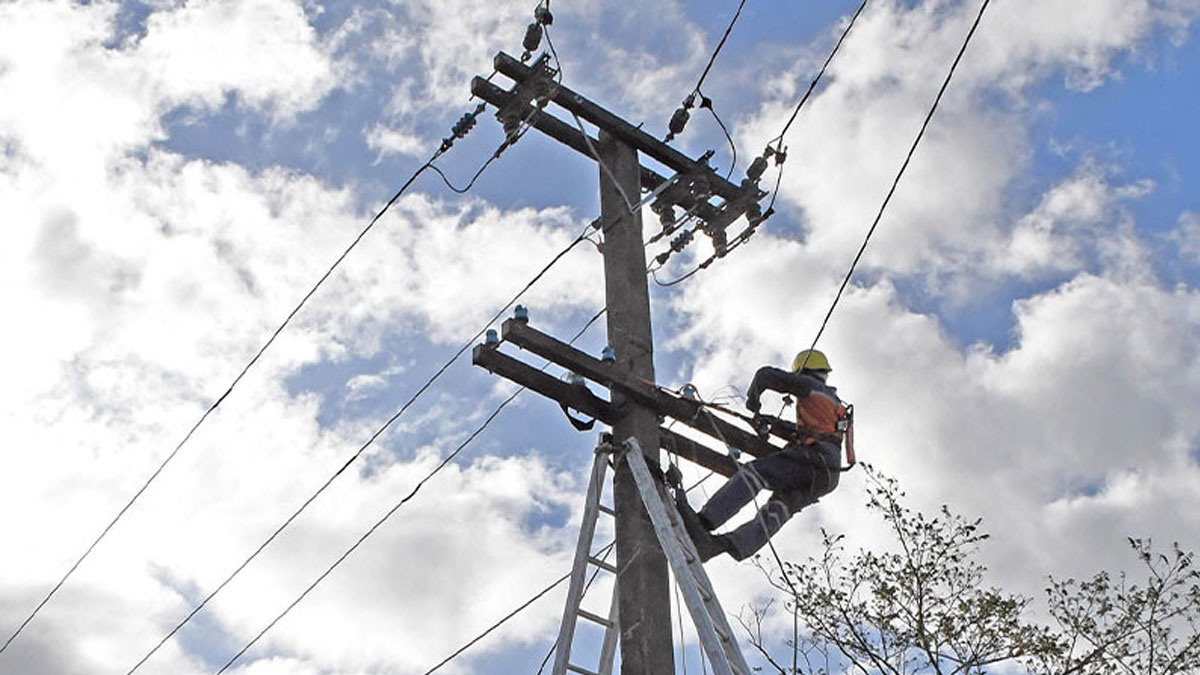
The Consumer Council of Fiji has strongly opposed the proposed electricity tariff increase submitted by the Energy Fiji Limited to the Fijian Competition and Consumer Commission.
The Council says that upon conducting a preliminary study of EFL’s ‘Non-Confidential Electricity Tariff Submission’ to FCCC, they are concerned regarding the proposed introduction of new electricity charges by EFL.
They say with rising costs of living due to inflation and recent increases in Value Added Tax (VAT), any increases in electricity tariffs would mean consumers would have to fork out more, placing immense pressure on their household finances.
It says from the Council’s interpretation of the tariff submission, EFL has proposed a 32% tariff increase over the next four years and the introduction of a new tariff in the form of a ‘fixed charge’ which will amount to a flat rate of 65 cents per day for domestic customers.
It adds this will be additional to the billing for normal electricity usage and this means, in a 30-day billing period, a domestic customer would have to pay an additional $19.50 to their standard bill.
The Consumer Council says this proposed additional fixed daily charge is $3 for commercial customers and $450 to $4,500 for industrial customers (depending on tariff bands), a charge that businesses will no doubt pass on to their customers, therefore driving up prices even higher.
The Council says they understand that EFL's rationale for this tariff hike includes assertions about the growing adoption of rooftop solar systems and their reliance on EFL's grid as a backup, however, it is also widely known that currently, every grid-connected customer is charged a monthly fee, regardless of their actual electricity consumption.
They also say this fee is recognized as the 'minimum domestic charge' (currently $7.60 for residential customers) and the 'minimum commercial charge' (currently $17.20 for commercial customers).
The Council adds these charges apply regardless of whether a household depends on EFL's grid or relies on their self-generated renewable energy sources to power their homes.
It says hence, it appears contradictory for EFL to advocate for tariff increases on the premise that customers utilize their grid as a backup and in essence, consumers are already contributing financially by maintaining their grid connection, rendering such an appeal for higher tariffs unwarranted.
They say in its submissions, EFL also claims that that the rise of rooftop solar may render their power system redundant, potentially transferring maintenance costs to low-income earners, since high income earners are able to afford these renewable energy sources.
The Council questions the evidential basis of these claims and the counter-intuitive nature of EFL's arguments raises important questions: What criteria does EFL employ to classify high- and low-income earners? How does rooftop solar impact EFL's grid, and how many Fijian households primarily rely on such systems for their energy supply? What data is EFL using to claim that a large number of people are migrating to solar power?
Council CEO Seema Shandil says they also note EFL’s claims that a significant percentage of Fiji’s growing energy needs is being met by diesel generators, which increases the cost of supplying electricity.
She says on the other hand, EFL claims that more households are now switching to renewable energy options which means a reduction in EFL’s fuel imports, hence making the supply of electricity more cost effective, and putting lesser strain on existing infrastructure.
Shandil says it is counter-intuitive for EFL to suggest that low-income consumers will be negatively impacted as a result of more households switching to roof-top solar as the transition to renewable energy aligns with the Sustainable Development Goals, a cornerstone of Fiji's national development agenda.
She adds the Council encourages communities to embrace renewable energy for both economic and environmental benefits.
The CEO says EFL's claim that this tariff increase is essential for implementing their 10-year Power Development Plan is met with skepticism by the Council.
She says they firmly believes that EFL should explore alternative funding sources, such as loans or government equity capital injection, to fund its infrastructure projects.
She further says Fijians should not bear the full brunt of EFL's capital expenditure projects and its their suggestion that if EFL requires additional infrastructure investment, it should perhaps explore development options, similar to other businesses.
She adds they have also noted that EFL has been making significant profits in the recent years with a profit after tax of $58.11 million in 2022.
Shandil says the Council, as an independent consumer organization in Fiji is always working to ensure that consumers’ voices are heard, and will also be making submissions to the FCCC. They are also encouraging members of the public to come forward in solidarity and give their submissions to the FCCC, making sure that their views count.
Stay tuned for the latest news on our radio stations

